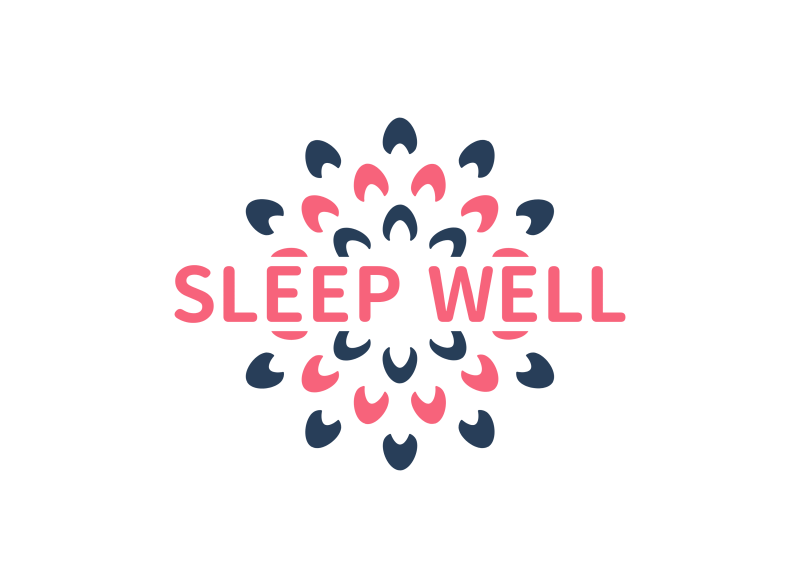How Exercise and Sleep Impact Women’s Health: Examining the Gender Differences
Exercise and sleep are two of the most important components of a healthy lifestyle, and they have a significant impact on women’s health. While both men and women benefit from regular exercise and adequate sleep, there are some gender differences that should be taken into account.
For women, regular exercise can help reduce the risk of chronic diseases, such as heart disease, stroke, and diabetes. It can also help reduce stress, improve mood, and boost energy levels. Exercise can also help women maintain a healthy weight, which is important for overall health.
Sleep is also important for women’s health. Adequate sleep helps to reduce stress, improve mood, and boost energy levels. It can also help to reduce the risk of certain chronic diseases, such as heart disease and diabetes.
However, there are some gender differences when it comes to exercise and sleep. Women tend to need more sleep than men, and they are more likely to suffer from insomnia. Women also tend to be more sensitive to the effects of exercise, and they may need to adjust their exercise routine to accommodate their changing hormones.
In addition, women may need to adjust their exercise routine to accommodate their changing body composition. As women age, their muscle mass decreases, and they may need to adjust their exercise routine to maintain their strength and fitness levels.
Finally, women may need to adjust their sleep routine to accommodate their changing hormones. During menopause, women may experience hot flashes and night sweats, which can disrupt their sleep. Women may need to adjust their sleep routine to accommodate these changes.
Overall, exercise and sleep are important components of a healthy lifestyle for both men and women. However, there are some gender differences that should be taken into account when it comes to exercise and sleep. Women may need to adjust their exercise and sleep routines to accommodate their changing hormones and body composition. By doing so, they can ensure that they are getting the most out of their exercise and sleep routines and maintaining their overall health.
The Role of Exercise and Sleep in Achieving Optimal Well-Being: A Look at the Gender Divide
Exercise and sleep are two of the most important components of achieving optimal well-being. While both are essential for overall health, there is a gender divide when it comes to how they are used to achieve optimal well-being.
For men, exercise is often seen as a way to build strength and muscle, while for women, it is seen as a way to stay slim and toned. Men are more likely to engage in vigorous physical activity, such as weightlifting and running, while women are more likely to engage in low-impact activities, such as yoga and Pilates. This gender divide in exercise can have a significant impact on overall well-being.
When it comes to sleep, men and women have different needs. Men tend to need less sleep than women, and they are more likely to be able to function on less sleep. Women, on the other hand, need more sleep and are more likely to suffer from sleep deprivation. This gender divide in sleep can also have a significant impact on overall well-being.
In order to achieve optimal well-being, it is important to recognize the gender divide in exercise and sleep and to tailor your approach accordingly. For men, it is important to focus on activities that will build strength and muscle, while for women, it is important to focus on activities that will help them stay slim and toned. For both men and women, it is important to get enough sleep and to make sure that they are getting quality sleep.
By recognizing the gender divide in exercise and sleep and tailoring your approach accordingly, you can ensure that you are taking the necessary steps to achieve optimal well-being. With the right approach, you can ensure that you are getting the most out of your exercise and sleep, and that you are taking the necessary steps to achieve optimal well-being.




